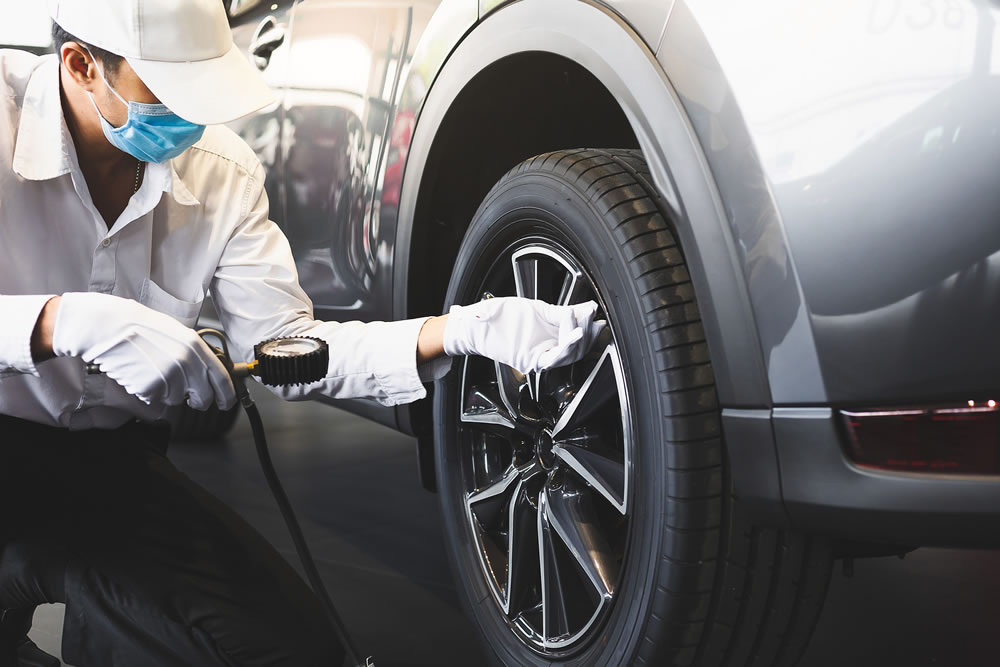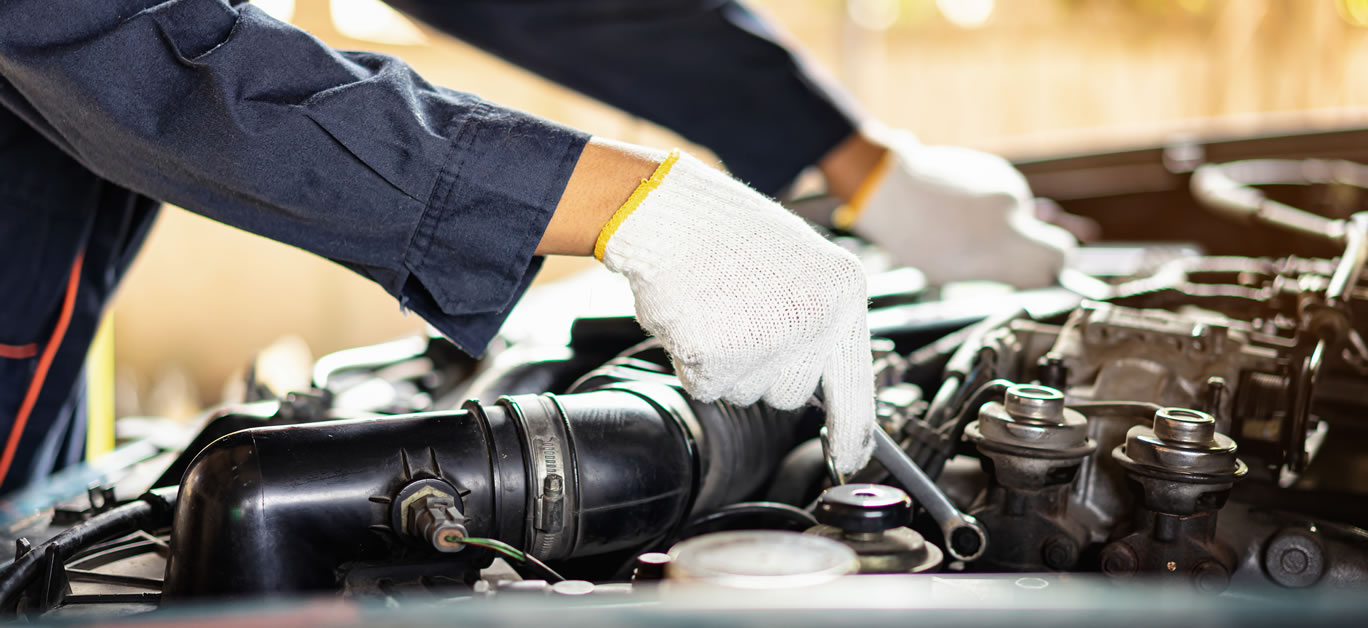For most of us, buying a luxury car that we’ve lusted after is the pinnacle. The work and the waiting have paid off and we are now the proud owner of a swish, sophisticated vehicle that is ready and waiting to transport us anywhere from long country trips to day to day tasks.
There are a few though that see the purchase of the car as only the first step towards achieving their dream car goals. Their aspirations may be a little bigger and the car in the condition that it was purchased may not, quite yet, fit the demand for what they have planned. A few tweaks and modifications could be in order to ensure this sought-after vehicle is absolutely perfect for the driver, and this is what we call car tuning.
What is car tuning and why would you do it?
Car tuning, put simply, is the process of modifying a car in order to optimise it so that the driver sees better performance conditions from those it was originally designated for. Modifications range from a simple paint job to complete engine overhauls and can be purely for the desires of the owner or for racing purposes.

The common reason for car tuning is for superior engine performance and dynamic control characteristics, with smoother response and higher fuel economy also being prominent reasons why a driver might seek out improvements for their car.
Whether they are looking to alter their new vehicle in order to perform better on a day to day basis or to gain better performance within the engine for racing purposes, drivers are certainly willing to spend out to make modifications.
What types of modifications can you have?
Improvements of vehicle overall performance in response to user needs mainly consist of upgrading the audio system, improving the car’s interiors, engine tuning, suspension tuning, body tuning and tyre upgrades. There are also many different styles of car tuning that a driver might like to adopt, which relate to a particular set of design principles. A dub style car, for example has traits such as large wheels and loud-speaker setups, while drag cars are modified for straight-line speed and acceleration.

If a driver is looking to tune their car for racing purposes, they will want to employ a range of techniques to achieve a higher performance vehicle. These include reducing the overall weight of the car by removing back seats and even the passenger seat and, while carbon fibre body parts don’t come cheap, they are robust and reduce weight too. Lighter racing wheels can also be employed too. With regards to the engine, adding certain enhancements for either low-end torque or high RPM performance is the main goal and choosing the right braking systems will have an influence on how well the car races.
How you can take care of your engine
There are many queries that get brought up surrounding the issue of whether engine tuning can have a detrimental effect to the car’s engine in the long run. As with most aspects of a car’s life, the answer is as long as you take good care of your possession it shouldn’t see a huge decrease in quality.
There are a few things you can do at home to take care of your engine, the main one being to change your oil up as and when required. Buy good quality motor oil from the likes of the motor-doctor.co.uk site and aim to change it up every 3,000 to 5,000 miles. Motor oil is a necessity for keeping engine parts lubricated, which are continually subjected to friction, the main cause of wear on parts.

It has to be said that any significant improvements must be carried out by a professional, and there are plenty of them out there ready to take your car to the next level. A YouTube tutorial doesn’t make you a professional and any modifications that will affect the performance of a car should certainly be undertaken by someone who knows exactly what they are doing – it’s for your safety, after all. They will also be able to provide you with expert instructions and advice to follow.
Considerations to car tuning
It is important to keep in mind that any modifications to a vehicle that affect the engine or vehicle mechanics will affect your car insurance premium, it is best to check with your provider how changes impact on this.
Another key reason to have a professional undertake any major changes is so that they can ensure the balance of the car remains safe. Vehicle performance relates to the basics of accelerate, turn and decelerate, with changes to engine power having an effect on other areas of the car such as in the braking, therefore it is imperative the balance between all three is upheld.






















